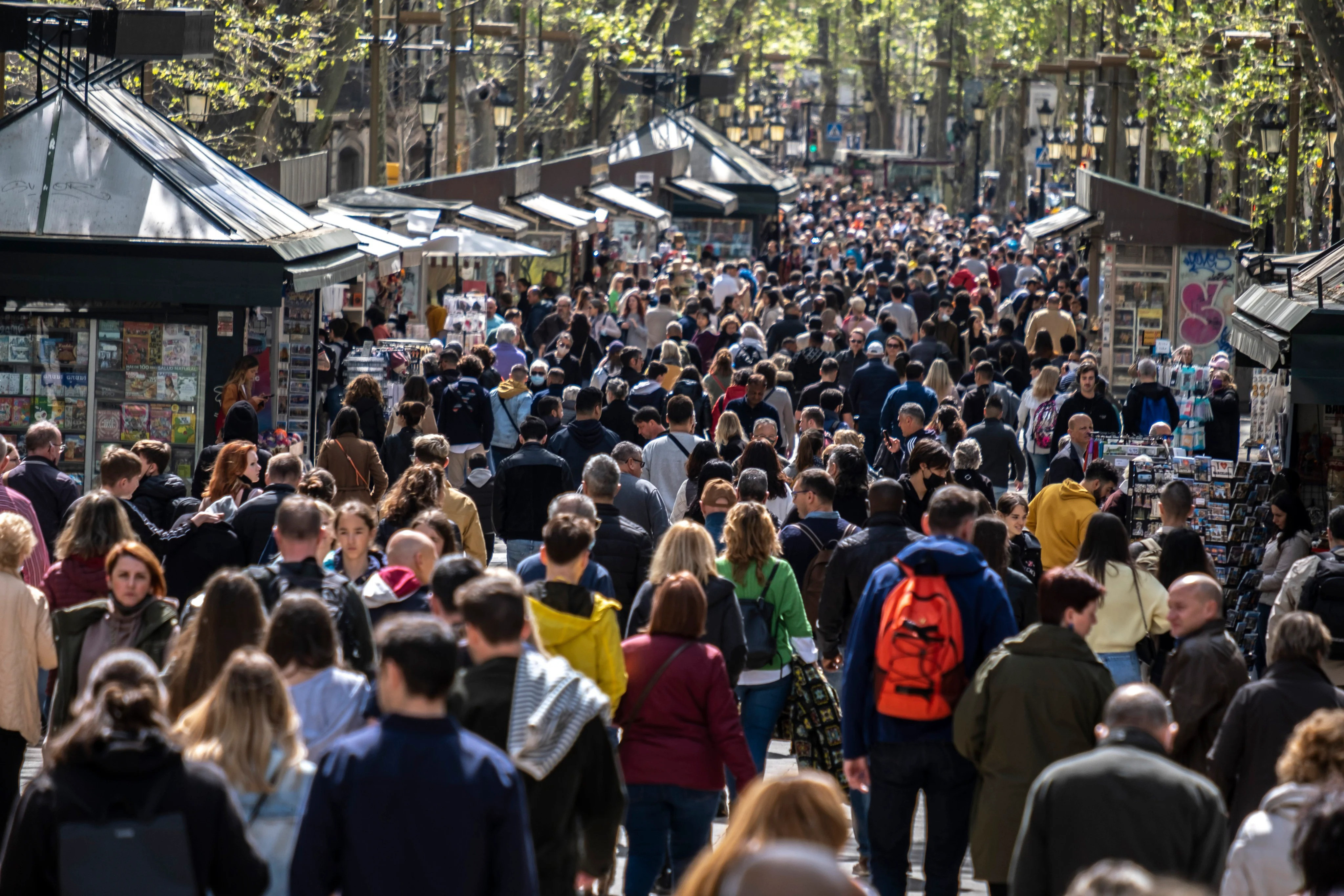Controversial concept of ‘revenge tourism’
Follow SCMP, the reopening of tourism increases people’s need to go out after 2 years of being pent-up because of Covid-19. They began to spend the money they had accumulated during the pandemic. That’s how the term “revenge tourism” was coined. However, is using such a term for the tourism industry recovery really accurate?
Revenge who?
Mark Footer, writer of SCMPasked the question: “Who takes revenge and revenge for what? When people from Hong Kong (China) flock to Bali (Indonesia) or Phuket (Thailand), who suffers?”.
According to the definition of the term “revenge tourism”, perhaps Hong Kong tourists are taking revenge on Bali or Phuket? This is probably a rather strange kind of “revenge” where the person being retaliated against is also having fun.
So, who or what is the revenge aimed at? Tourists are taking revenge on Covid-19? No, because Delta or Omicron viruses don’t care about that. Or are the authorities who ordered the “closed” being retaliated against?
 |
Tourist spots are full of tourists after the pandemic is over. And this recovery is labeled “revenge”. Image: SCMP. |
The answer is also no. Residents of cities that used to be overcrowded with tourists such as Barcelona (Spain), Kyoto (Japan) or Venice (Italy) may be concerned about the return of tourist groups.
“But that’s not what the term means either,” Footer wrote.
Erika Richter, Vice President of the American Association of Travel Advisors (ASTA), told CNN She has a different opinion. The ASTA representative concurs with the meaning of the term even though it does not use it. According to Richter’s representative, the concept of revenge tourism is like another way of saying the desire to travel.
“It’s like life is short, I want to go there or I want to spend more time with my family,” says Richter.
Go find a better word
After the pandemic, besides “revenge tourism”, some new terms were also introduced such as “staycation” or “bleisure”. However, according to SCMP, these terms pretty accurately describe what’s going on. The example “staycation” speaks to the trend of local tourism. Or “bleisure” suggests that travelers like to combine work and pleasure in one trip.
 |
The recovery of the tourism industry can be described in other more appropriate words. Image: Travel Media. |
But “revenge tourism” has a rather negative nuance. Rory Boland, magazine editor Which?, said it is not suitable for travel. Boland also commented that this is the term “ugly”.
“We have enough words to describe pent-up tourism demand being unleashed. Revenge tourism sounds vague. If rather, it should be ‘compensation tourism’ or ‘liberation tourism’. Maybe they don’t sound interesting enough, though,” he added.
Those who are “revenge”
Agree with that term or not, revenge tourism is still a visible trend. Statistics show that travelers are ready to resume travel.
The travel booking company Expedia tracks travel and travel related online search data. May 2021 recorded the highest increase in travel search traffic, increasing by about 10%. This is also shortly after the European Union voted to extend the contract with Pfizer and approve the vaccine for use in adolescents.
An Expedia survey found that 60% of customers plan to travel domestically and 27% internationally by 2022. And many of these confirm their willingness to spend more money on a vacation than they do internationally. with before.
“Two years at home, some people have saved money and can now splurge on more luxurious hotels, a first-class plane ticket…”, quoted the newspaper. CNN.
 |
After the pandemic, working trends changed. Workers can combine travel and telecommuting in another country. Image: Navitime. |
On top of that, a growing number of companies have permanently changed their remote work policies in the wake of the pandemic. In February, a survey from Pew was conducted with the audience of workers who could work from home. As a result, 60% of respondents would prefer to work from home full-time or most of the time, if possible.
For some people, working from home doesn’t literally mean “at home”. They can go to another country, stay for a few weeks, combine travel and work.
“Overall, whether you like the term ‘revenge tourism’ or not, people have changed their mindset about travel since the pandemic started,” he said. CNN comment.
According to Zing
at Blogtuan.info – Source: vietnamnet.vn – Read the original article here



